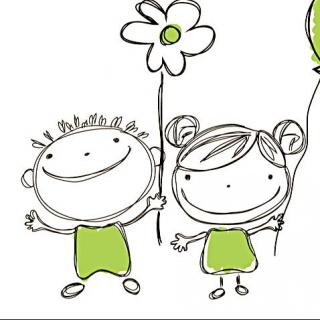
介绍:
It has long been worried that China's one-child generation would have difficulty to take full social and family duties once grown up. Born after the 1980s when China started to implement the one-child policy, the generation is usually the center of a family and is often labelled self-centered and irresponsible.
Now an increasing number of them are entering their 30s and facing several new normals: rising housing prices, increasingly difficult employment situations and now,they can have two children.
So does it mean it is too much for a generation that has already been associated with lacking social skills and caring spirit?
Yao Yongmei recently spent a day with a typical one-child family. This is what s/he observed.
Thirty-year-old Wang Dongyu is a full-time housewife with a 3-year-old son. Both she and her husband are the only child of their family.
"I got pregnant sort of unexpectedly so I was not ready psychologically back then. I was really scared when they told me the due day. In the first few days after he was born, it felt like he was not mine and also I did not feel particularly affectionate. The affection increased day by day."
Wang says it is not unexpected for a woman who just few years ago still crazed about Hello Kitty dolls and South Korean romance dramas.
"Only children indeed have a longer psychological weaning period. They are used to being taken care of so even when they are 24 or 25, they still feel like a child. It is actually not much different even after having their own children. It is customary that it is once again the duty of the grandparents to take care of the new borns."
One may wonder whether it is possible for this generation to handle two children as the central government officially ended its one-child policy earlier this year.
Wang Dongyu quit her job when she was expecting her son. Now she says she wants another child but will not give up her career again.
"I will not consider quitting my job if another child is coming. I may have to ask my parents to help me. I must be stronger to be more useful to my family and the society."
However, Wang's mother Chen Hairong is not this confident.
"I think it is too much for them to face social competitions, look after the elderly and the next generation at the same time. It is compounded if the elderly have health problems. So of course we will help them, at least show them how to do it, though they may think they can do it on their own."
Theoretically there will be a 4-2-2 structure for each typical one-child family - four grandparents, the couple and their two children.
Thirty-year-old Wang Dongyu says she is worried about what to do when their parents get old.
"One day they will get sick and need particular care and we have our job and two children. It makes me nervous even thinking about it. I do not know the best answer at least for now."
While her father Wang Xudong says it is not an issue at all.
"It used to the duty of the children to take care of the elderly. Now they have four or even more elders to care of as well as their own job. I believe there will not a problem, because a maturing social security system will take care of us. We have steady income so we will not put more burden on them. And I feel completely OK to be sent to a nursing home if one day I need constant care. What they need to do is just some occasional visits. I think I will be content."
Even so, Wang Dongyu says it is her duty to take care all of these.
"I want to be stronger to protect my family. I hope my parents are healthy and my child can grow up safe and sound. Once I have enough money, I will buy two apartments so we can live together."
It used to be a serious worry for some people that a slew of social problems will come out at this point. While, at least for now it seems to be unfounded - more and more one-child grown-ups are reporting for duty.
大家还在听

